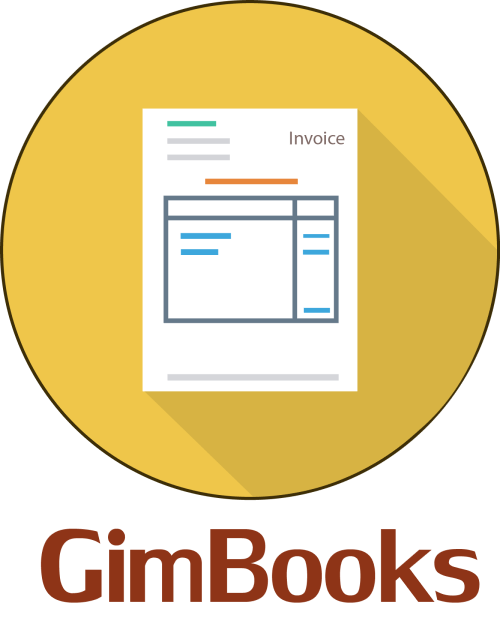Impact of E-way bill on FMCG Sector
An E-Way bill is not required to be generated if the value of each consignment does not cross INR 50,000, even though the value of the entire consignment exceeds INR 50,000.
The FMCG sector in India is one of the largest chunks of the economy with a whopping size of around INR 500 billion. One of the most important sectors in the Indian market that got benefited due to implementation of e-way Bill is FMCG.
The FMCG Sector in India works with a complex distribution which has several layers of retailers between customers and companies.With the introduction of GST and E-Waybill, supply of goods across the state would be achieved and FMCG companies would see changes.
And it is important to understand the impact of the e-way bill on the FMCG Sector.
Read about:
Generate E-way bill instantly with GimBooks
Types of FMCG Sector
The FMCG Sector operates in non durable items with short to medium life which are generally of lower value. For example,
- Processed foods
- Prepared meals
- Baked goods
- Fresh and frozen food
- Medicines can be purchased without prescriptions
- Cleaning products
- Cosmetics and toiletries
- Office supplies
Impact of E-way bill on FMCG Sector
Keeping up with the tax reforms, the government has made Eway bill mandatory for transporting the goods of Rs 50,000 from one state to another. A simple e-waybill can be generated for several deliveries to reduce the burden of e-commerce companies.
The recipient can also reject the E-way bill within 72 hours from its generation by the consignor. In case of inter-state transfer of goods with the consignment value that does not exceed Rs 50,000, it does not require an E-way bill.
Recent updates on E-way bill
For the smooth movement of goods, the union government has changed the E-way bill rules for FMCG companies. The union government has allowed businesses to consider the value of taxable supply for generating E-way bill.
It means that in case the non durable products that are under the purview of GST are sent along with goods which are exempt, like milk, then the value of food products only should be considered for the purpose of the Eway bill.
Bulk generation facility
When trial implementation of E-way bill was initiated, there were more than 2 lakhs E-way bills on a day to day basis. Nope, this is not surprising as businesses require to generate a large number of e-way bills. But this is not going to be a hassle any more. GimBooks has the option to create bulk e-way bills in just few clicks
This is how the introduction of the e-way bill impacted the FMCG Sector:
- The inter - state and intra - state movement of the consignment has smoothened due to removal of check - posts and barriers.
- The removal of check - posts and barriers has also lowered the time and reduce the supply chain costs
- Using the sub-user functionality available under the e-way bill system, FMCG companies have created a controlled network within the organization.
- An E-Way bill is not required to be generated if the value of each consignment does not cross INR 50,000, even though the value of the entire consignment exceeds INR 50,000.
- FCMG companies can generate e-way bills in bulk using the Bulk generation Facility
- the value of non-taxable supply such as essential commodities is not considered at the time if generating an e-way bill.
